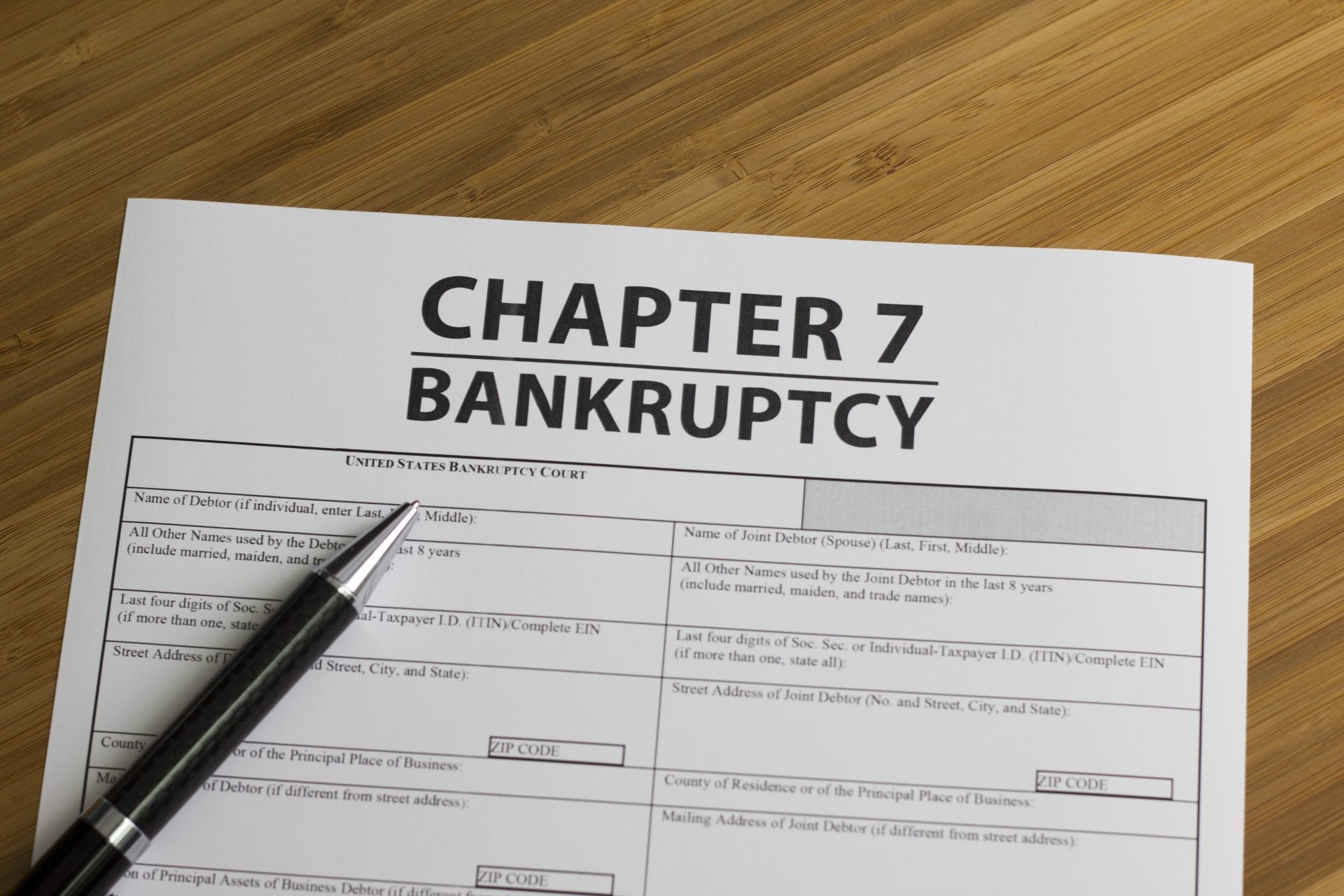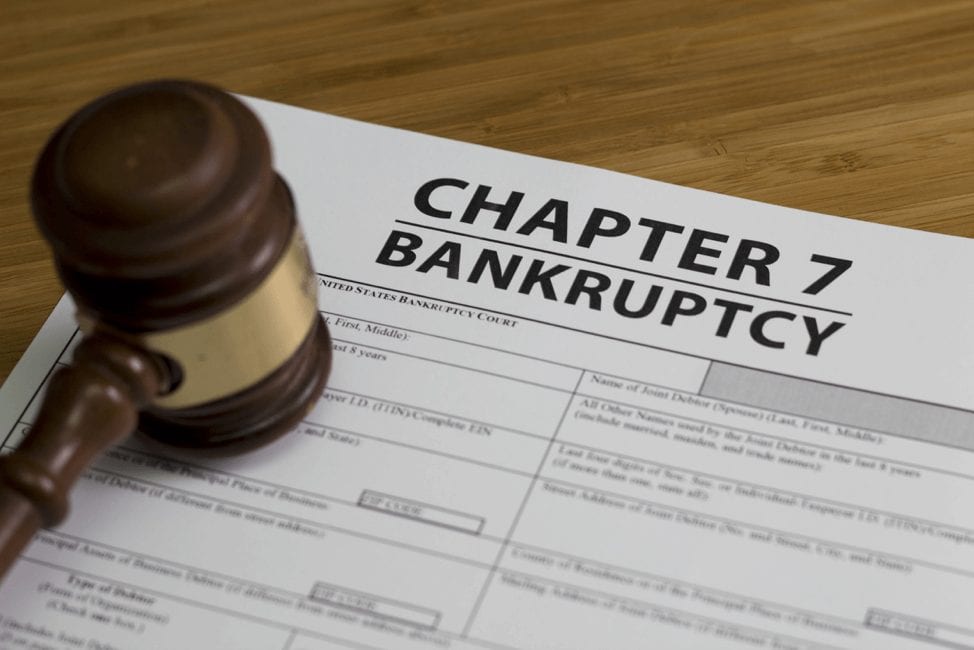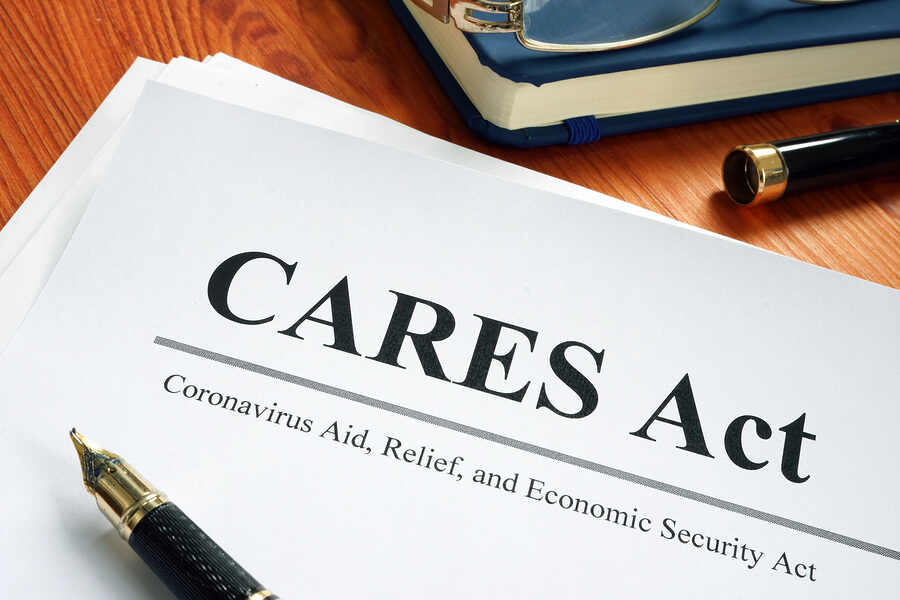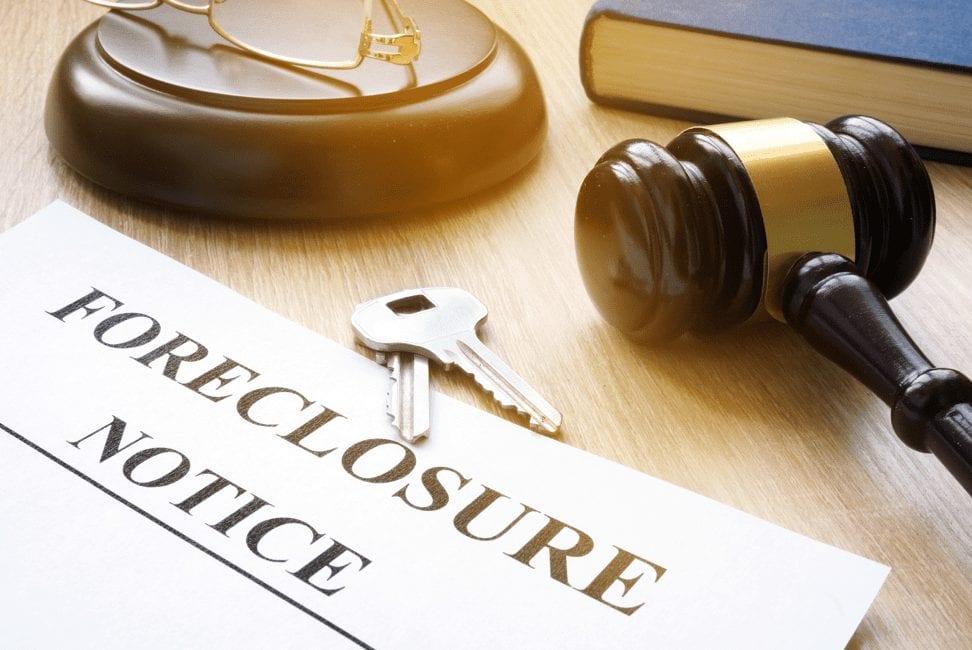When you file for personal bankruptcy, it is considered “public record” in your home state. Information about it can be accessed through a court or other government entity without any formal authorization. In fact, all court proceedings are matters of public record unless a judge orders otherwise; bankruptcy records are rarely sealed unless you can prove they put your personal safety at risk.
Will Everyone Know I Filed for Bankruptcy?
The general public can’t easily find out. The exceptions being if you:
- Provide someone consent to view your credit report
- Make note of it in an application
- Your case lists members of the general public as creditors
And when you file a Chapter 7 or Chapter 13 bankruptcy petition, you must list everyone you owe money to; they will be made aware of your situation. No laws prohibit them from revealing you filed a bankruptcy case. But what are the chances someone is going to broadcast your own private financial matters?
How Soon Will Everyone Know?
To find bankruptcy information, one must go through the steps to find it. In a notice to creditors, the court will contact anyone you owe money to. You, your bankruptcy attorney, and creditors will attend a Meeting of the Creditors, which is open to the public. Nevertheless, no invitations are posted prior to the meeting.
Other ways to obtain bankruptcy information include:
- The PACER system: Court documents are uploaded and stored in the PACER system, which is accessible to the public. To access the system, you need to create an account and a password; then you can access documents at a small fee per page. While you can register online and search the Pacer Case Locator, few people other than bankruptcy attorneys take the effort to obtain personal details.
Even with information publicly available, it’s unlikely someone would stumble upon your case by accident. A person would have to be so curious as to go through the effort of getting a password and learning the system’s search features. They’d probably already know you filed at this point.
- Credit report: A bankruptcy discharge appears on your credit report for up to 10 years. Creditors review this information to get a look into your credit history. If you apply for housing, a new job, or anything where your credit or personal background is in question, then someone can see information about your bankruptcy filing. Background or credit checks generally require your permission, while a potential creditor or lender can access your credit report with information you provide. You, therefore, have control over whether you want such entities to learn of your bankruptcy.
- Public notices: In small municipalities, local papers may publish bankruptcy filings along with births, deaths, and marriages. This is only occasional, if it’s still practiced at all. Small towns are typically the only locations this would occur, as the bankruptcy filing volume in larger jurisdictions would make it impractical to publish them in a newspaper.
How Can I Find Out Where My Information Is Published?
There’s no way to remove a bankruptcy filing from public record, but you can contact your court by phone and ask the clerk about local publishing practices. You can also contact a bankruptcy attorney in Los Angeles for assistance. At OakTree Law, we can inform you of the advantages and specifics of filing for bankruptcy. We always have your best interests in mind as you try to regain control over your financial future. Request a free consultation online or call 888-428-1613 today.








